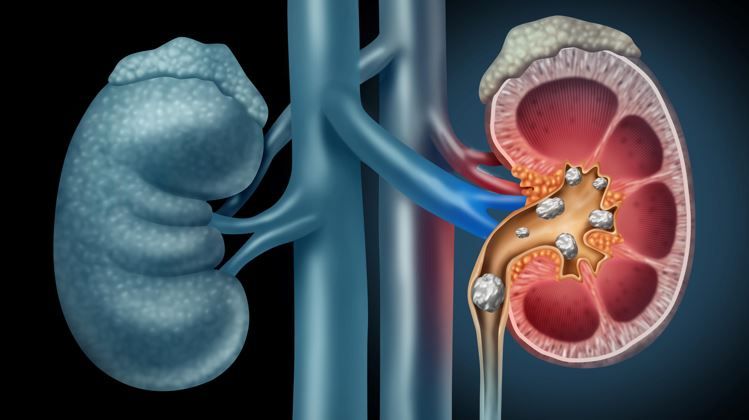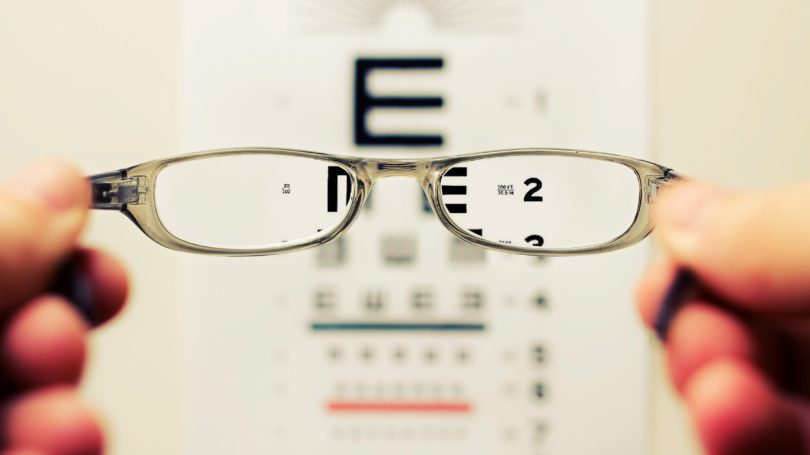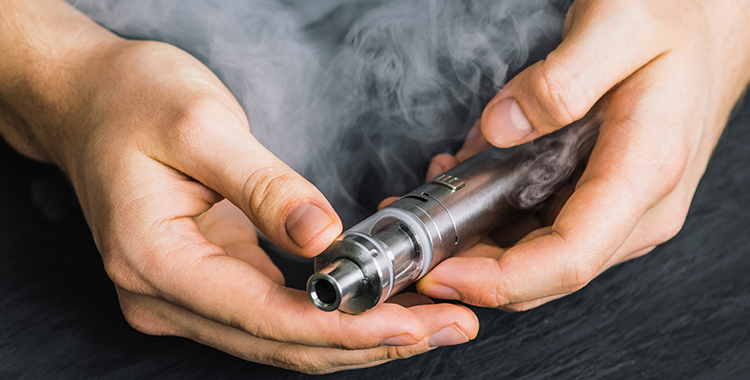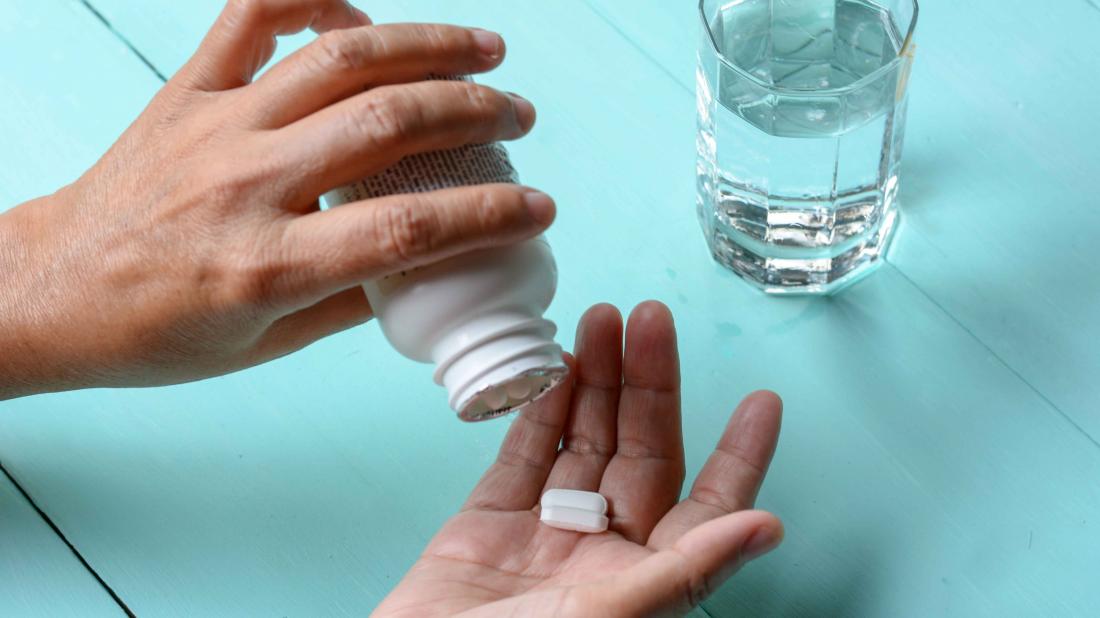Being diagnosed with kidney failure or chronic kidney disease can be devastating. It is even more heart-wrecking when you do not know how to manage your kidney health after your treatment. As treatment costs for kidney disease keep escalating, patients can continue leading a healthier life thanks to self-care tips that Ghayyath Sultan, M.D. and the team at Houston Kidney Specialists Center are ready to share. Here is how to cope with life after kidney disease treatment.
Table of Contents
Watch your weight
Diabetes and high blood pressure are predisposing factors that aggravate kidney disease. Most likely, people battling these conditions have weight issues. Maintaining a healthy weight not only prevents your kidneys from getting overwhelmed but also reduces your chances of developing health risks such as coronary artery disease, heart disease, and stroke. Now that you have received treatment for your kidney disease, asking your doctor to refer you to a weight management specialist will be a good idea.
Work with your Dietician to get a Suitable Meal Plan
What you eat plays a significant role in determining how your kidney disease management will play. If you do not already have a dietician to guide you, ask your doctor to refer you to one. A dietician can recommend foods that can improve your kidney health and decrease your chances of developing more Complications due to kidney disease.
Keep your Blood Pressure in Check
High blood pressure puts more pressure on your kidneys, which may worsen your disease. Avoid anything that increases your blood pressure if you want to manage your kidney disease. Normal blood pressure should be 140/90 mm Hg or below. While you may want to know your blood pressure all the time, you might not have enough time to schedule a visit to your doctor. The best thing to do is get a monitor for blood pressure for use while at home. Before buying one, check with your doctor if it gives accurate results.
Manage your Blood Sugar
Kidney disease and diabetes almost go hand-in-hand. Now that your doctor has diagnosed you with kidney disease maintaining a steady blood sugar will be crucial. To test your blood sugar, your doctor most likely relies on an A1c test. As long as your results show seven percent or less, you are safe. Anything higher than that is a risk factor for diabetes.
Find a Support System
It is not uncommon to find patients with kidney disease battling mental issues at the same time. The thought of going back and forth to your doctor to receive treatment or to detect new conditions can be stressful. However, stressing over it will not boost your mental health. The earlier you find a support system for kidney health, the better your chances of coping with your disease. Your support system can include friends, counseling experts, or your doctor.
You can Still be Healthy Despite Having Kidney Disease
Having chronic kidney disease is not a death sentence. You can still improve your quality of life through the five self-care tips shared by your doctor. The earlier you embrace healthy living, the higher your chances of protecting yourself from mental issues. To learn more about kidney disease treatment options, visit a nephrologist today.















